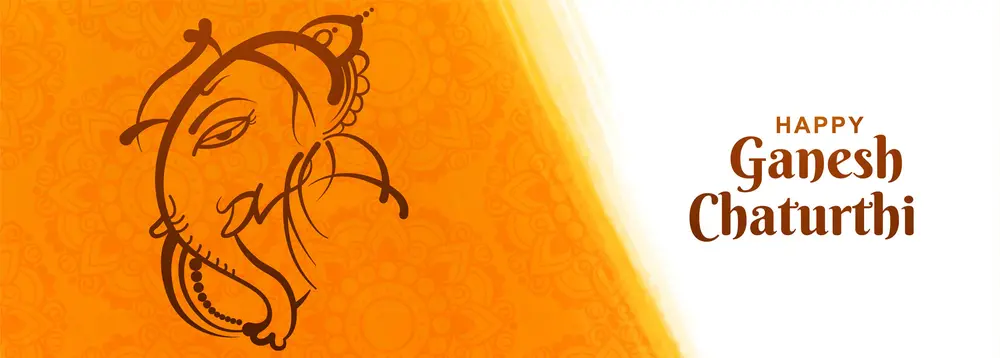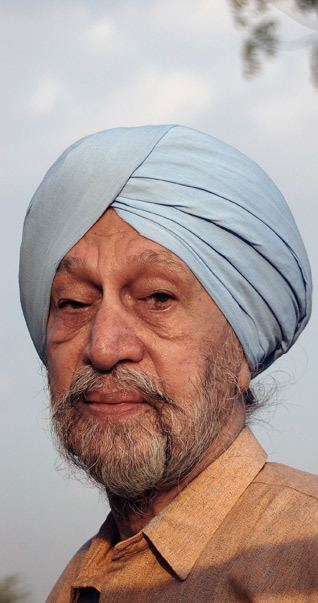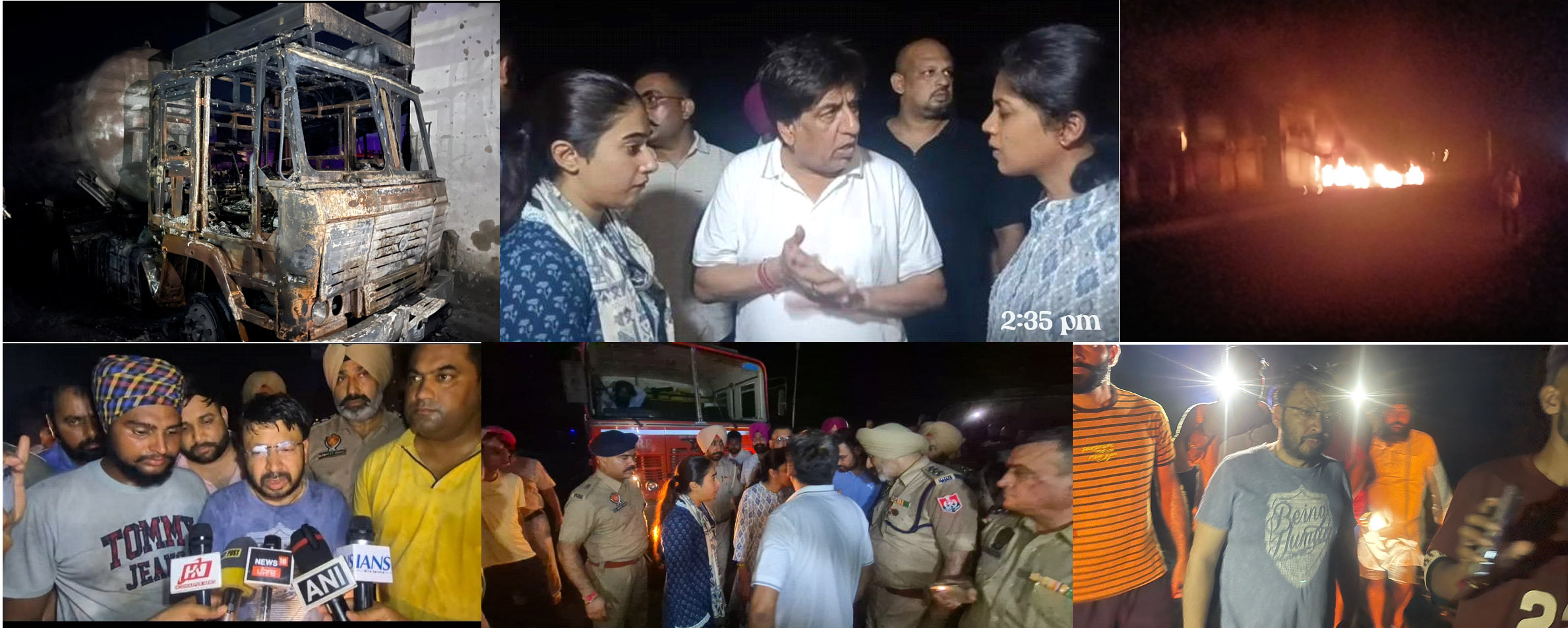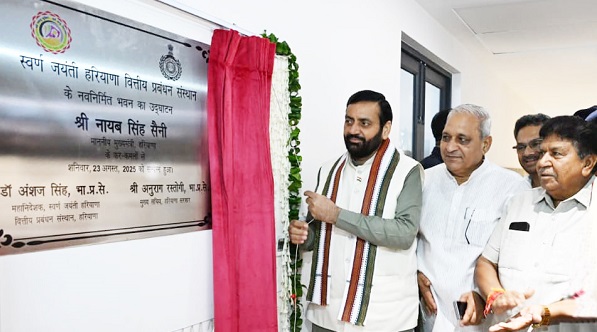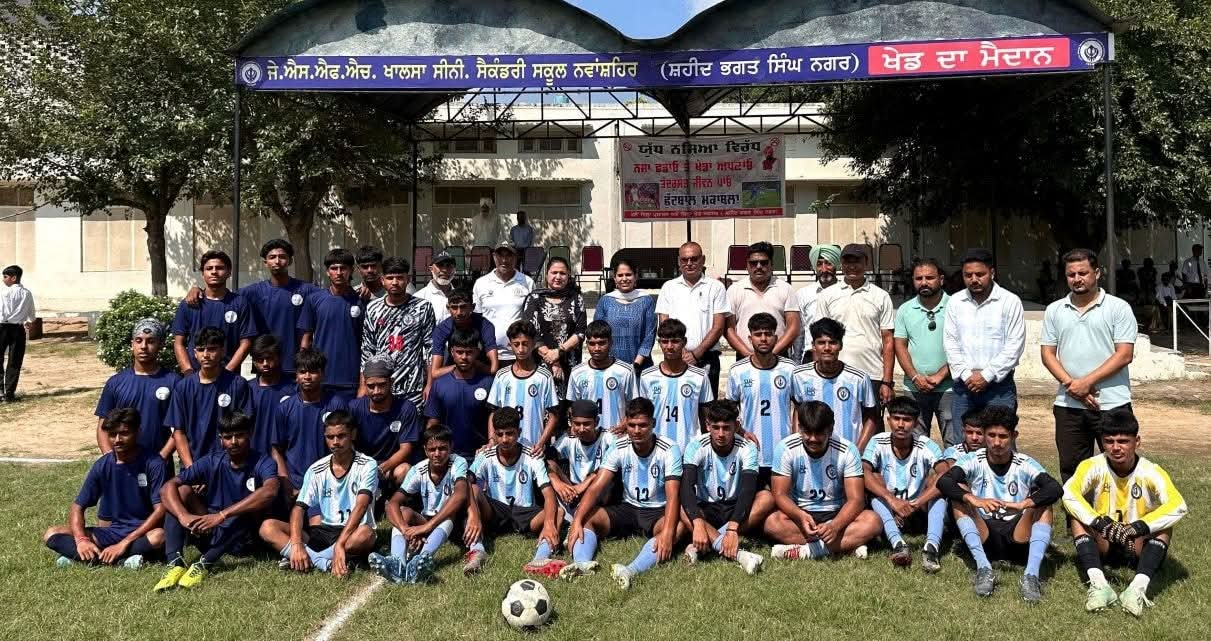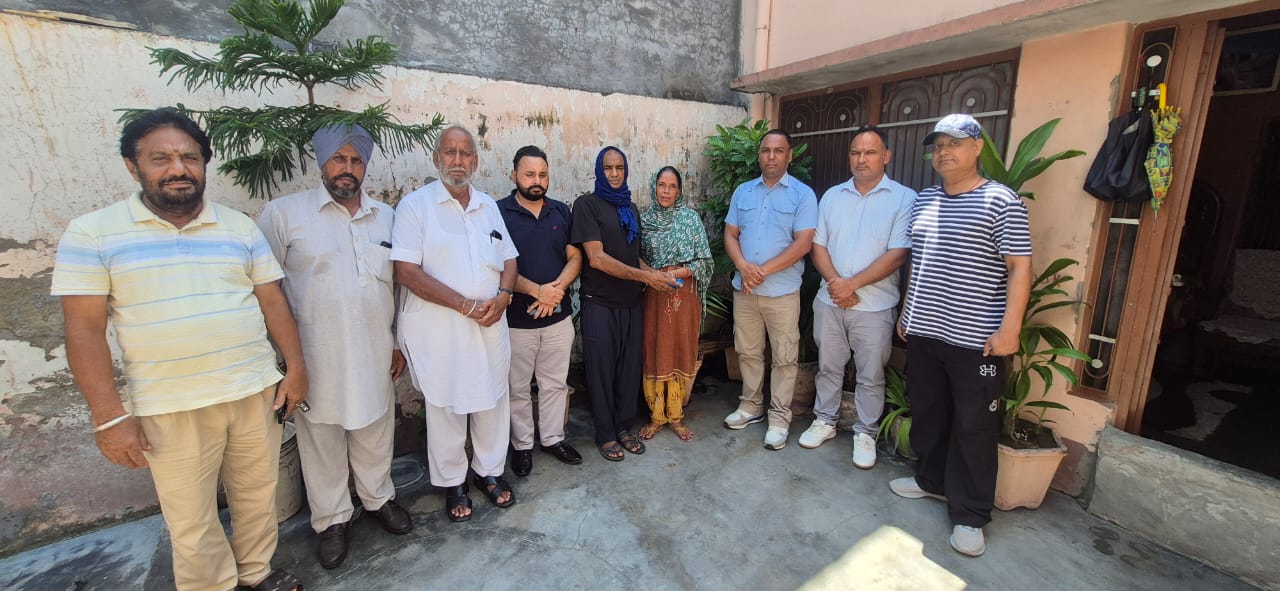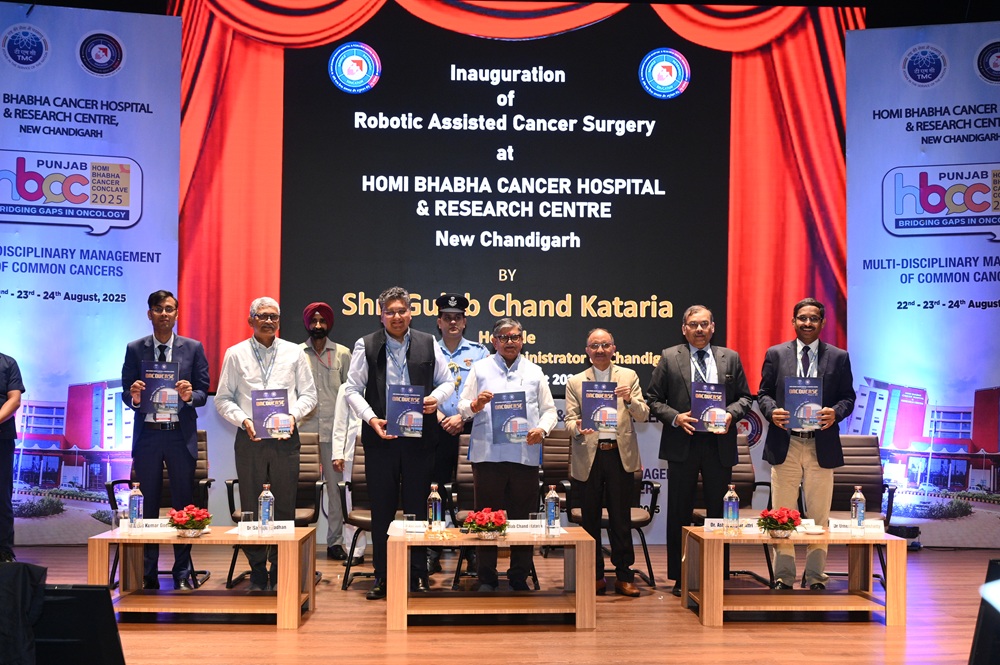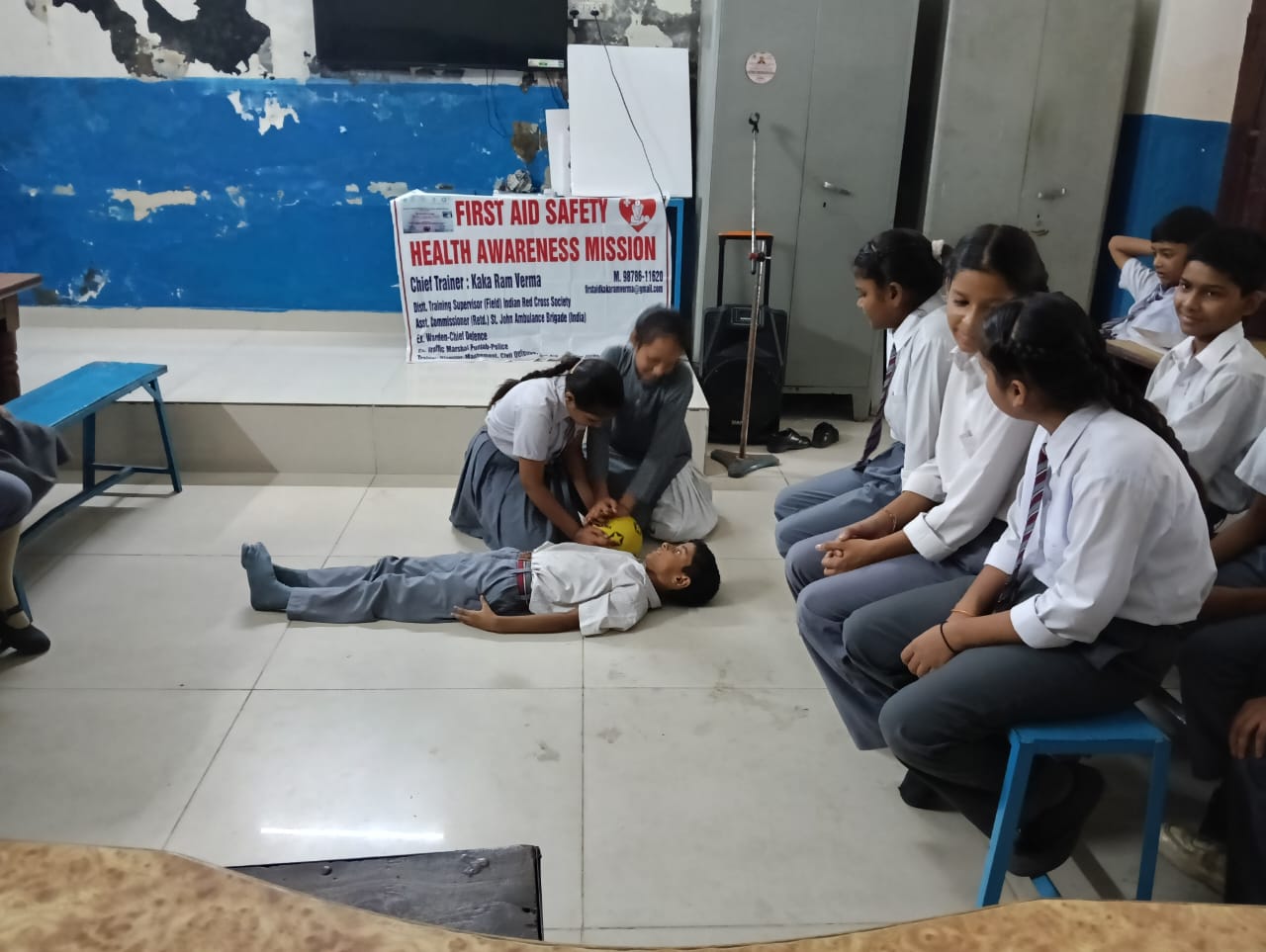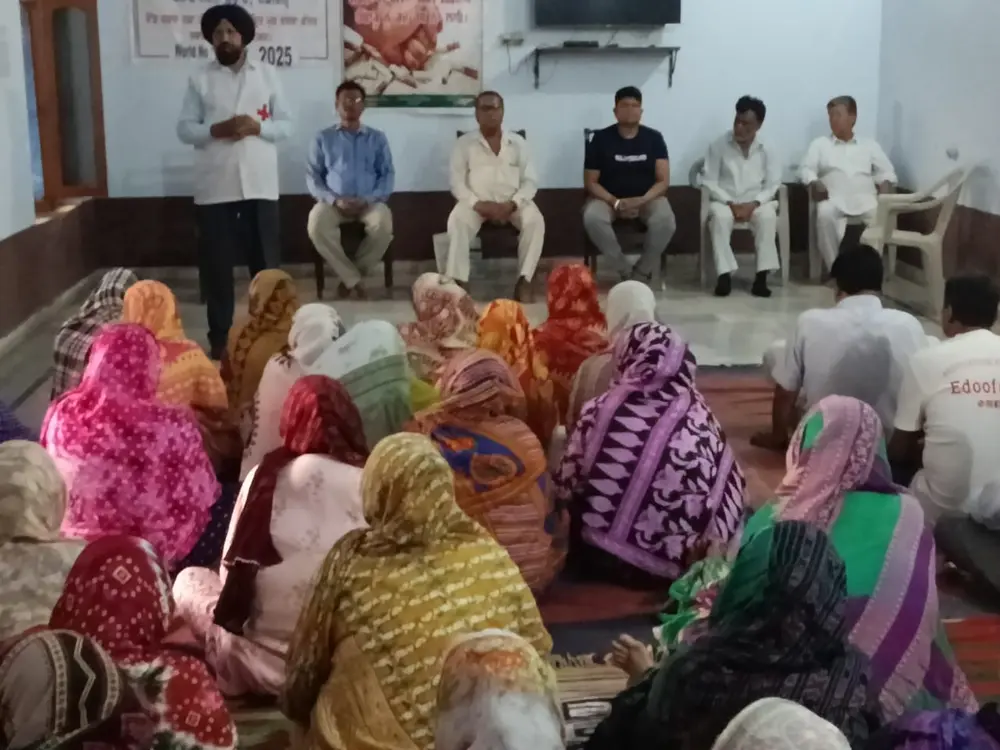
Red Cross Integrated Rehabilitation Centre Nawanshahr organized a seminar at Kusht Ashram.
Nawanshahr- Nawanshahr organized a session on World No Tobacco Day at Doaba Kusht Ashram, Nawanshahr. The event was presided over by S Chandra Kant (President).
Nawanshahr- Nawanshahr organized a session on World No Tobacco Day at Doaba Kusht Ashram, Nawanshahr. The event was presided over by S Chandra Kant (President).
Speaking on the occasion, S Chaman Singh (Project Director, IRCA) said that tobacco or smoking is known to have adverse effects on overall health, including immune function. It can potentially affect the body’s ability to fight infections and heal wounds.
He said that many diseases are caused by tobacco products such as infections of the mouth, lungs, heart, TB and cancer. We all should avoid it so that our treatment can be further complicated. The people of the ashram responded positively and assured not to take tobacco products.
Parvesh Kumar (Peer Educator, IRCA), Amit Bhattacharya, Mangal Saroop, Maheshwar Tanti and the inmates of the ashram were present on the occasion.
